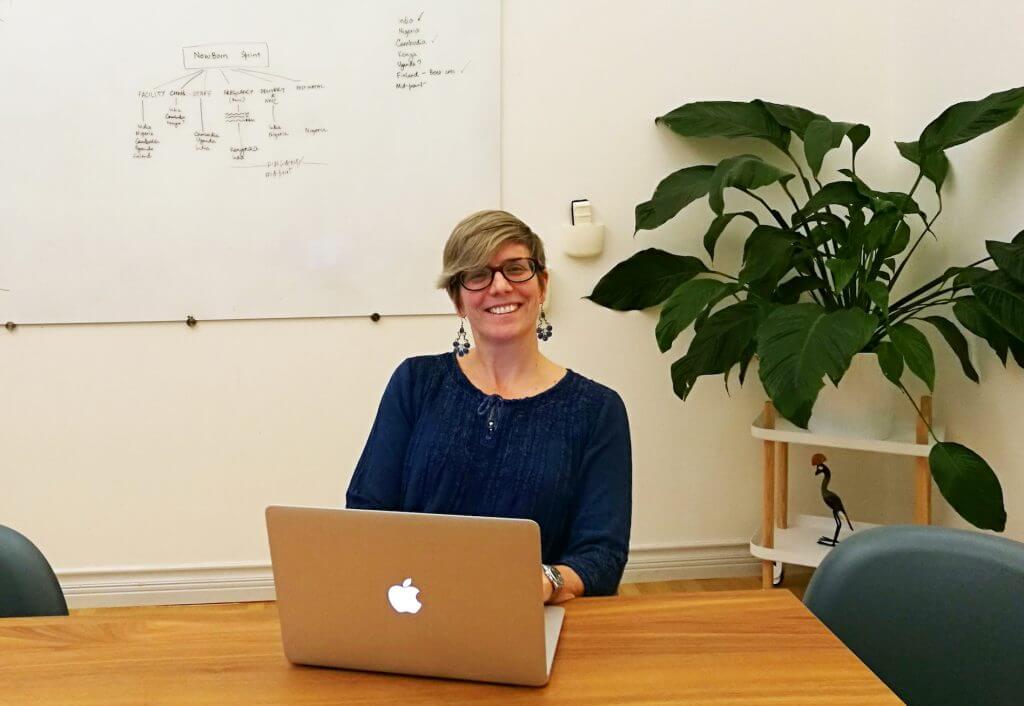Lessons from My 1st Day
After 20 years in international health and development, I joined M4ID because I was looking for a change and hoping to learn something new. Still I was surprised on my first day when I learned a lot more than just ‘where’s the bathroom?’ and ‘how do I work the espresso machine?’. I was sitting with people whose titles I couldn’t understand such as Visual Creative and Design Researcher. I asked some very basic questions, the answers to which I’ve come back to many times. They represent a simple tutorial of how this new work differs from anything I have done before.
Here’s what I learned.
1. How is human-centered design different from ‘community participation’?
Well, it doesn’t need to be. If community participation means that individuals select their own priorities, define problems from their perspective, are involved in the creation of concepts to solve those problems, and then test those concepts, then we are most of the way there. HCD is simply a framework that ensures we go through this process.
2. Who’s involved is very important.
In traditional health projects, inputs come from users and health care providers, maybe even policy makers. But with M4ID’s interdisciplinary team, there are other competencies at the table, notably individuals trained in design research, product design, service design, and creative communications. Essentially, these are people who are trained to capture insights from people and use them to develop concepts quickly and effectively. These are competencies that weren’t included in my public health course work, valuable though it was.
3. I’ve spent years of my career investigating certain solutions – behaviour change campaigns or the newest tool – and piloting them over many months or years. At M4ID, we don’t start with a solution. The work is a process that includes lots of exploration around an issue getting many perspectives and ideas, but then taking the time to try each out, fail quickly, and move on with another, better idea. It is the work that happens in the ‘pre-proposal’ stage of international development, which is usually not resourced.
So, in the end, these three lessons are a recipe that allows M4ID to generate more viable solutions to intransigent global health issues because those solutions are designed and tested using the right people and following the right process.
Back to news